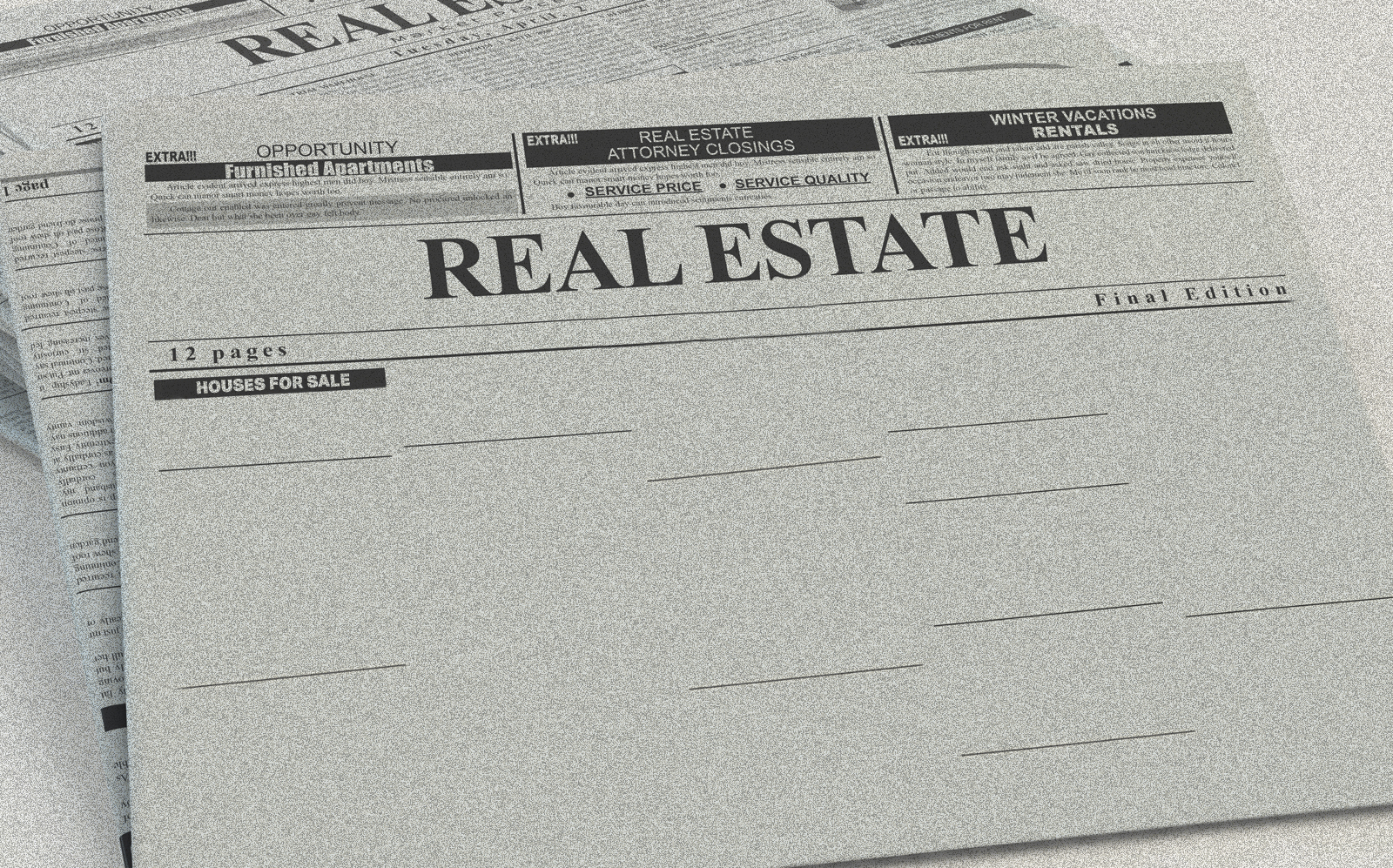It began with toilet paper, but it’s been homes for a while.
Pandemic buying has whittled the number of homes for sale in the U.S. down to an all-time low.
Active listings dropped below 700,000 in December, according to a monthly report from the National Association of Realtors.
That’s a decline of nearly 40 percent from last year, as demand was stoked by low borrowing costs and a Covid-influenced desire to relocate or get more living space. In November, 6.69 million homes were sold, snapping a five-month streak of gains.
Homes continued selling rapidly during the holiday season, closing about two weeks faster than a year ago, while fewer sellers entered the market during the holidays, according to the chief economist of Realtor.com, Danielle Hale.
“Looking forward, we could see new lows in the next couple of months as buyers remain relatively active,” Hale said in a statement, adding that any surge in Covid infections could discourage sellers from venturing into the market, further constraining supply.
Median listing prices climbed 13.4 percent over last year to $340,000. That is slightly less than a high of $350,000 set during the summer. Prices climbed most in Austin, Texas, up 20 percent from a year ago. The city has attracted businesses such as Tesla and Oracle since the onset of the pandemic. (An Austin-based, 3D-printed housing company hopes to bring prices down.)
readmore title=”Read more”]
- U.S. home sales rose again as inventory hits all-time low
- Tesla to build $1.1B assembly plant outside Austin, Texas
- Existing home sales fall for the first time in 5 months
[/readmore]
While the pandemic has shifted how — and where — many people live, low housing supply in the U.S. is not a new phenomenon. “The shortage of homes for sale has been an ongoing issue for the last couple of years,” said Hale.
Appraisal expert Jonathan Miller said no single explanation accounts for low housing inventory, “something that has been baffling everybody for five or six years.”
With the pandemic, he said, a tough situation has become even worse. “One idea is that people are stuck in certain price tranches and are unable to move up,” causing a mismatch between buyers and sellers, he offered.
